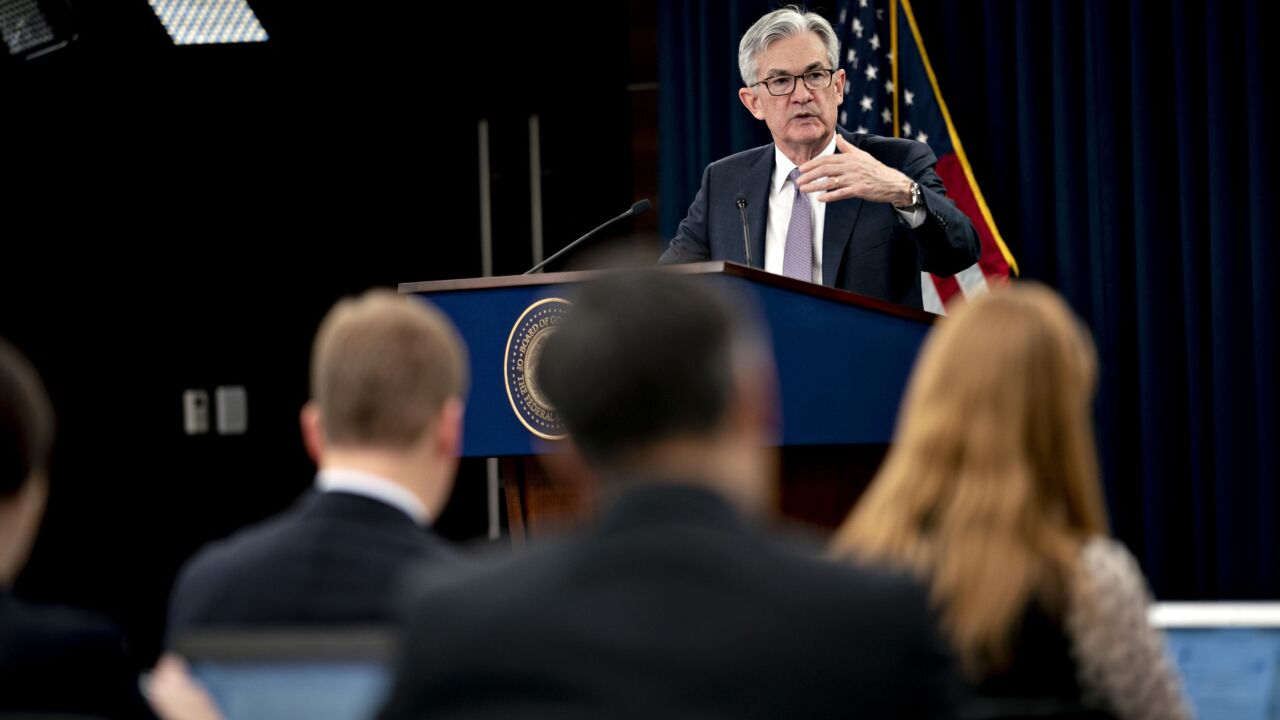Credit unions face the potential of a new regulatory landscape following Mark McWatters's abrupt departure last week from the National Credit Union Administration board.
McWatters
It’s currently unclear what impact McWatters’s departure will have on the panel, though it’s likely that the Dec. 2 hearing on the agency’s budget will only include Hood and board member Todd Harper, a Democrat who also disagreed with the proposal.
The regulator’s December open board meeting isn’t scheduled until Dec. 17 and an agenda won’t be posted until about one week before that, so it remains to be seen whether a potential two-person board will have to vote on any major proposals. Comment deadlines for the agency have already passed on proposals related to fees paid by federal credit unions and the transition to the new current expected credit loss standard, though the board may elect to wait on those matters until next year.
Two credit union groups have suggested the nation could be headed for a “double-dip recession” as COVID-19 diagnoses worsen heading into winter and more states impose restrictions to combat the spread of the outbreak.
CUNA Mutual Group last week
Similarly, the Credit Union National Association on Monday suggested the winter months could see “a lot of pullback in the economy” with consumers staying in and states adding new restrictions, Jordan van Rijn, CUNA's senior economist, said during the trade group’s weekly press call. On top of that, he added, a vaccine likely won’t be widely available until the middle of next year and any new stimulus measures from the government will probably be smaller than what was seen in the spring, possibly ranging from $1 trillion to $1.5 trillion.
There are some good signs for credit unions, however. The unemployment rate has improved faster than expected, van Rijn noted, and membership should continue to grow thanks to long- and short-term interest rates remaining low.
Delinquencies and charge-offs continue to fall, he added, “but that’s largely driven by loan modifications, deferrals, forbearances and [other ways] credit unions are helping their members.
Earnings are expected to remain low this year and next due to ongoing low interest rates, he added, hitting about 35 basis points in the fourth quarter and staying at that level through 2021.
Despite similar names and some connections between the two, CUNA and CUNA Mutual Group are separate organizations and maintain separate economics divisions.
Lastly, NCUA announced last week that some flexibilities the agency granted earlier this year to help credit unions deal with the pandemic will be





